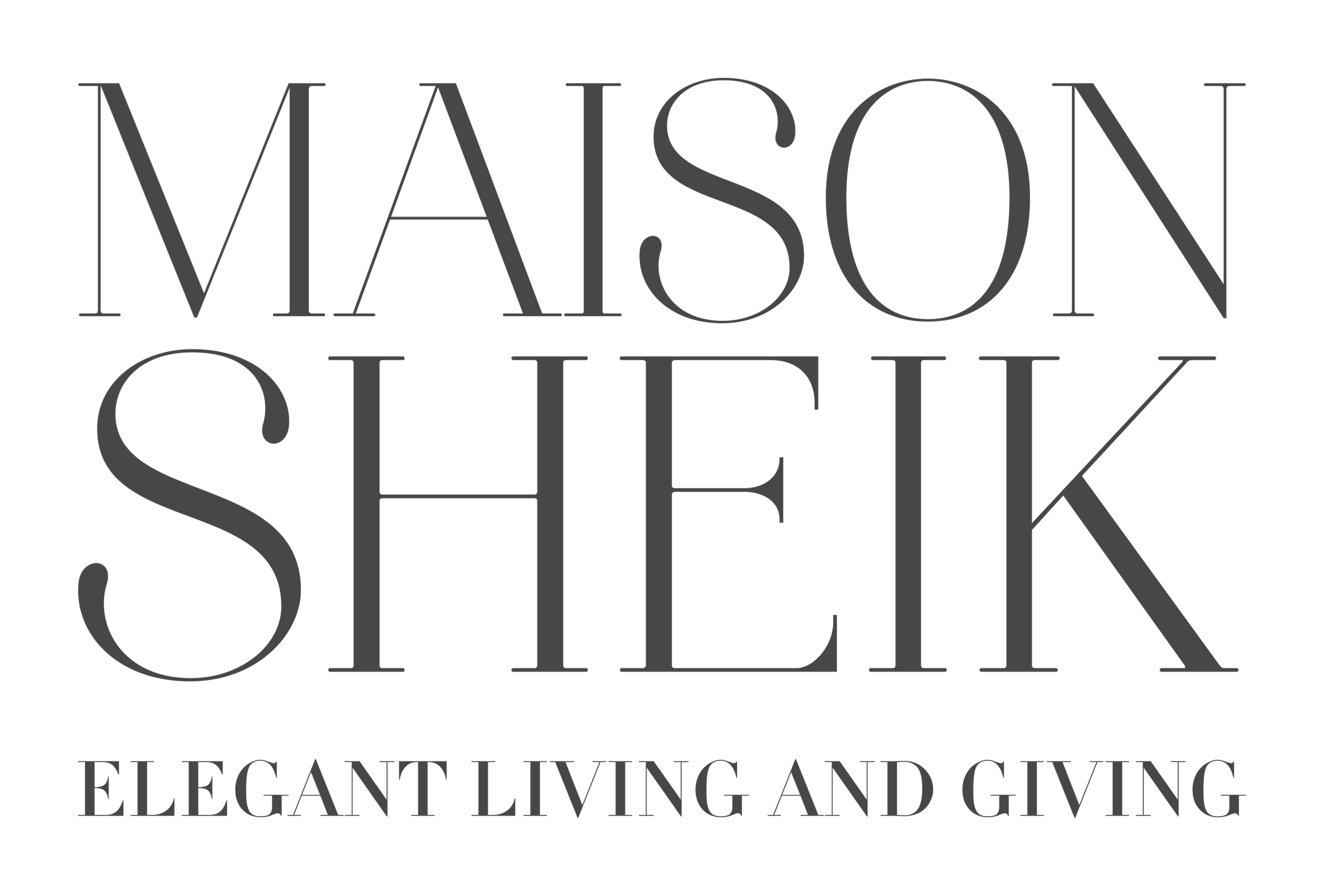Love & Marriage
Winston and Clementine Churchill
A friend of mine recently shared a 2014 article from the Atlantic, How to Save Marriage in America, that I really enjoyed and promptly shared with my husband and a few others. The premise of the article is that college-educated women are the most important drivers of the new model of marriage- one that has morphed from its reliance on traditional ideals (as they state it: he brings home the bacon and she cooks it) to a more equitable partnership built on family. “Unlike their European counterparts, increasingly ambivalent about marriage,” author Richard Reeves notes, “college graduates in the United States are reinventing marriage as a child-rearing machine for a post-feminist society and a knowledge economy. It’s working, too: Their marriages offer more satisfaction, last longer, and produce more successful children.” The crux of the article is that well-educated Americans are waiting longer to get married, make more thoughtful decisions about their partners, are wealthier when they enter into said union, experience romantic love with one another to boot, and then take the final step to become parents. “Money, Marriage, Maternity: in that order.”
It is a fascinating look at the dissolution of a traditional marriage mold that doesn’t suit the demands of our increasingly demanding economy. Both parents bring home the bacon and share a value system that puts family first. These are couples who gladly spend the weekend at children’s activities as a departure from their office lives and a way to spend quality time with their most prized relations. But what perhaps goes unmentioned is the strength of the traditional marriage construct in these post-feminist marriages. Unrelated to the act of child-rearing, many couples continue to divide the minutiae of marriage along traditional party lines, with a twist. I cook, he does the dishes. I do the laundry, he takes out the trash. I coordinate child care, he ensures those bills are paid, and promptly. The New York Times, rather humorously, touches on this in another (newer) article, titled “Taking Out the Trash? That’s Still a Man’s Job, Even for the Liberal Coastal Elite.” But it’s a division of responsibility I hear time and again from fellow professional married women, And it seems to work well, or as well as it can, under the circumstances.
In the end, the negotiation of where time is devoted between a couple (your value system quote unquote), is one that continues to evolve. I am reminded of this 1970’s New York Magazine cover, which begs the question: “He Works, She Works, But How Does the House Work?” This might seem like a hilariously retro question, but it is a central one. Keeping the house might seem frivolous but where else are family lives built?
In the end, marriage as a construct might be evolving but the benefits a good marriage confers on its participants, and especially their children, appear undeniable. And with that – I am reminded of Sir Winston’s reflection that“My ability to persuade my wife to marry me was quite my most brilliant achievement…” Churchill was the Prime Minister of the United Kingdom, won the Nobel Prize in Literature, and was the first person of eight to be made an honorary citizen of the United States. And yet despite his myriad achievements, however, his 56-year relationship with his wife Clementine, one that bore 5 children, was his most revered.
In a letter that Winston penned to Clementine in 1935, twenty-seven years into their marriage, he said this:
“Time passes swiftly, but is it not joyous to see how great and growing is the treasure we have gathered together, amid the storms and stresses of so many eventful and to millions tragic and terrible years?”


